Suspension/Steering
Shocks or struts, ball joints, tie rods, wheel bearings, alignment, steering linkage (includes rack and pinion), power steering (pumps and hoses, leaks), wheel balance, springs or torsion bars, bushings, electronic or air suspension.
What Owners Say
"The rear passenger side made a noticeable clunking sound when going over bumps. It was resolved with the replacement of the rear shocks and swaybar."
Anonymous, ON (2015 Acura RDX None 3.5-L V6)"The rear swaybar was replaced at the same time as the rear shocks to address the relatively loud clunking sound from the passenger rear when going over bumps in the road."
Anonymous, ON (2015 Acura RDX None 3.5-L V6)"Bad wheel bearing - tire could have fallen off - identified problem due to repeated noise when driving. Bearing was replaced and problem resolved."
Anonymous, NJ (2015 Acura RDX None 3.5-L V6)


















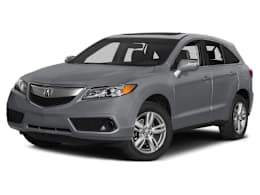
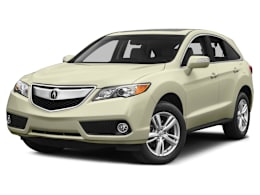
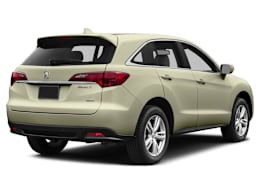
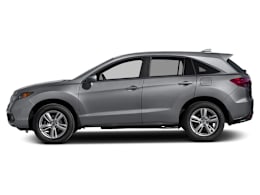

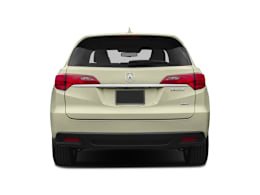
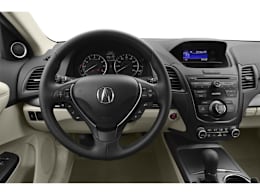
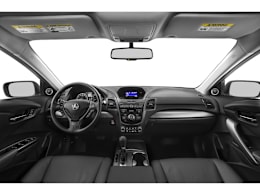

"Relatively inexpensive to fix"
Anonymous, (2015 Acura RDX None 3.5-L V6)